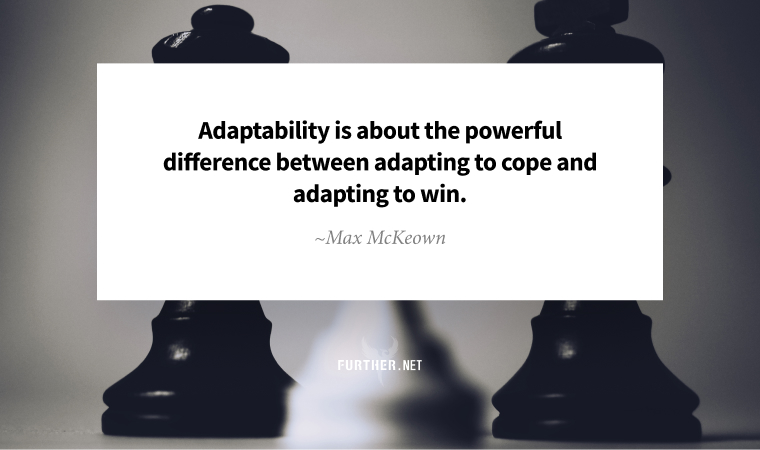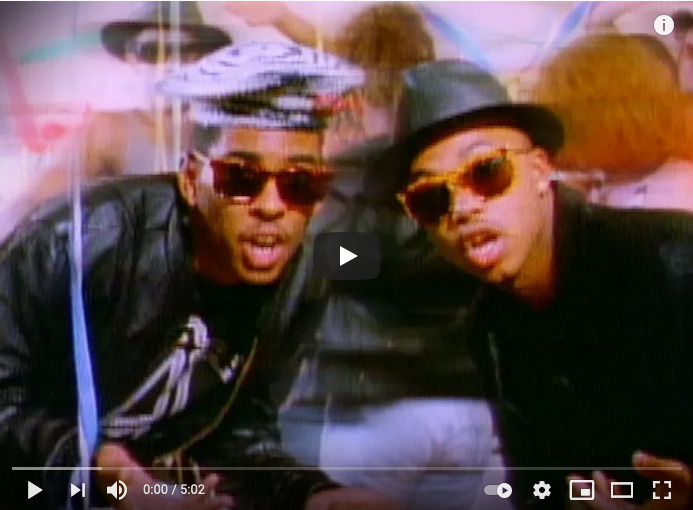Welcome to Your Multistage Career 
What a time to be at midlife, right? We're facing a big double whammy of change -- emerging technology that will shake up the very concept of traditional employment, plus the prospect of a work life that will likely stretch well into our 70s. That's the topic of The New Long Life: A Framework for Flourishing in a Changing World, by Andrew Scott and Lynda Gratton. An economist and psychologist, respectively, Scott and Gratton argue that the twin realities of radical new technology and extended longevity will require both personal adaptability and a re-working of society. Smart new technologies and longer, healthier lives should be viewed as good things, not problems, they argue. And yet they recognize that things are going to get problematic first. Media stories are full of such warnings -- '800 million jobs lost globally through automation by 2030', 'more than half of US jobs at risk'. It's the economists in general who think the technologists are being too grim with these prognostications of job losses. Historically, they argue, major technological shifts that eliminated jobs always ended up creating new ones. But Scott and Gratton correctly point out that it takes time for new jobs to develop and the standard of living to rise after disruption. During the various stages of the industrial revolution, it took generations for the benefits to arrive -- while workers suffered immediately. Now, factor in constant disruption, and things look even dicier. Which brings things back to us. While our generation has never had the luxury of the status quo remaining in place, we've been conditioned to think of life as three stages -- school, career, retirement. Now in our 40s and 50s, we'll need to adapt to a multistage work life that will be more fluid as technology constantly eliminates tasks and entire jobs. Add to that a longer work life (and life in general), and your career is going to start looking more like a series of projects than a standard career arc. If anyone can adapt, it's us ... but we need to be clear eyed about what's coming. It is this combination of lengthening horizons and shortening intervals which will lead inevitably to a new narrative -- a multistage, rather than a three-stage, life. This shift will profoundly change the answers to the questions we have posed: what a job is, how we work, the way we fashion a career, what it means to age. One way to look at this is the pessimistic side of the personal enterprise. This view says you'll have to rely on Silicon Valley platforms, part-time employment, freelancing, and side hustles. You'll have to live a more entrepreneurial life, without necessarily reaping the rewards of what that should mean. Or, you can embrace my version of the personal enterprise. In this view, an entrepreneurial life is the path to greater economic security than a traditional job has provided for many decades. Now's the time to start giving this serious thought. Fortunately, now is also the stage of life where you're most likely to succeed outside of traditional employment. So, everything is working out perfectly, right? Adapt (as we always have) to win. The New Long Life: A Framework for Flourishing in a Changing World (Amazon Associates) How You Like Them Apples? Matt Damon turned 50 last fall, and he was expected to be action-star fit during his 40s. After suffering from injuries due to prior intense training, he turned to an unconventional approach for his role in Elysium, which resulted in his most physically impressive transformation. This 5-Move, No-Gym Workout Got Matt Damon Fighting Fit in His Forties (Esquire) Happy Work You've heard it before -- the more you seek happiness, the less you'll find it. But is that necessarily true? Wishing to be happy will get you nowhere, but if you're willing to put the work in, you may just get there. Don't Wish for Happiness. Work for It (The Atlantic) Freedom From Choice There are some who can't wait to get back to the office. And there are others who are quite happy to never go back. Unfortunately, it may not be up to you. Just Because You Can Work From Home Doesn't Mean You'll Be Allowed To (Vox) Walk It Out You're struggling with a problem ... and you can't figure out what to do. So you decide to take a walk, and somewhere along that trek, the answer comes to you. Nietzsche said that "All truly great thoughts are conceived by walking," and thinkers ranging from Steve Jobs to Virginia Woolf agreed. On the Link Between Great Thinking and Obsessive Walking (Lit Hub) Down below, find out if you've been languishing due to the pandemic, and what to do about it. And in the Flashback, a proper send off for rapper Shock G of Digital Underground. Keep going- Brian Clark P.S. I've got something special planned for next week -- a free multi-part course on building your own personal enterprise. Stay tuned. Finding the Drive to Thrive 
By Trudi Roth Lights are on at the end of the pandemic tunnel, yet it's hard to feel the warmth of possibility. It's understandable -- we've been cycling through the stages of grief for over a year. Excessive drinking is up, well-being is down, and for many, things like sleep, motivation, focus, and energy remain elusive. So, when writer and psychology professor Adam Grant postured that languishing may be "the dominant emotion of 2021," it resonates. And it perfectly characterizes the fuzzy gray in-between on the mental health continuum from depression to thriving. Like an old pair of sweats, it's what you slip into when you're comfortably numb. So, while it's tempting to pull up the covers and watch Schitt's Creek in an endless loop, there are some easy ways to pick up a paddle and get back into the flow with meaning and purpose. The Joy Suck Club "Languishing" was coined in 2002 by sociologist Corey Keyes way before the pandemic. It's not a full-on mental disorder, but his research showed it could be a precursor to future major depression and anxiety disorders. More accurately, languishing encompasses both the lack of a diagnosable mental health condition and a void of purpose. Altogether it's just enough suffering to drain vitality and, along with it, happiness. As Grant notes: Part of the danger is that when you're languishing, you might not notice the dulling of delight or the dwindling of drive. You don't catch yourself slipping slowly into solitude; you're indifferent to your indifference. When you can't see your own suffering, you don't seek help or even do much to help yourself. If you suspect you're languishing, it helps to consider where you're feeling most off. Are you lonely or disconnected socially? Feeling less purposeful in your work? Or is another existential dilemma weighing you down? Even the act of acknowledging your malaise and recognizing you're not alone is a first step in moving from meh towards motivation. Vanquishing Your Languishing If languishing is wasting away, then it follows the antidote involves finding ways to nourish yourself. As Grant points out, getting lost in a state of flow was shown to be the best predictor of well-being in the early stages of the pandemic. People who became more immersed in their projects managed to avoid languishing and maintained their pre-pandemic happiness. Now's the perfect time to consider what those projects are, given that they're the key to positive changes in personality. Sourdough bread baking is so 2020; instead, cook up ideas that feed your soul -- and your wallet -- in a post-pandemic personal enterprise second act. Incremental steps with just-manageable difficulty are all it takes to get back on track. Coincidentally, that's also the best way to keep your dreams from languishing. There's a Name for the Blah You're Feeling: It's Called Languishing (New York Times) further: flashback  Digital Underground - Doowutchyalike Digital Underground - Doowutchyalike
Sex Packets, 1990 Digital Underground was led by Greg "Shock G" Jacobs (aka Humpty Hump), who also launched the career of Tupac Shakur. Jacobs passed away at the age of 57 last week, so don't forget to Doowutchyalike today. (YouTube) further: sharing Would you do me a favor and share Further with a friend? If so, you can earn cool Further gear when people subscribe thanks to your share.  Simply use these links that contain your unique referral code: Twitter | Facebook | LinkedIn | WhatsApp | Email You can also share wherever you like by copying and pasting your unique referral link: https://further.net?rh_ref=7fda93ad Thank you for sharing Further! | 






No comments:
Post a Comment